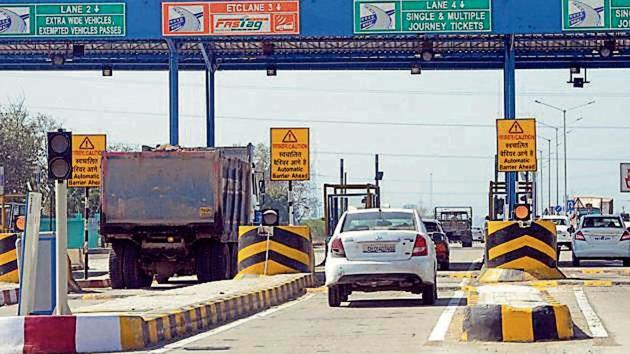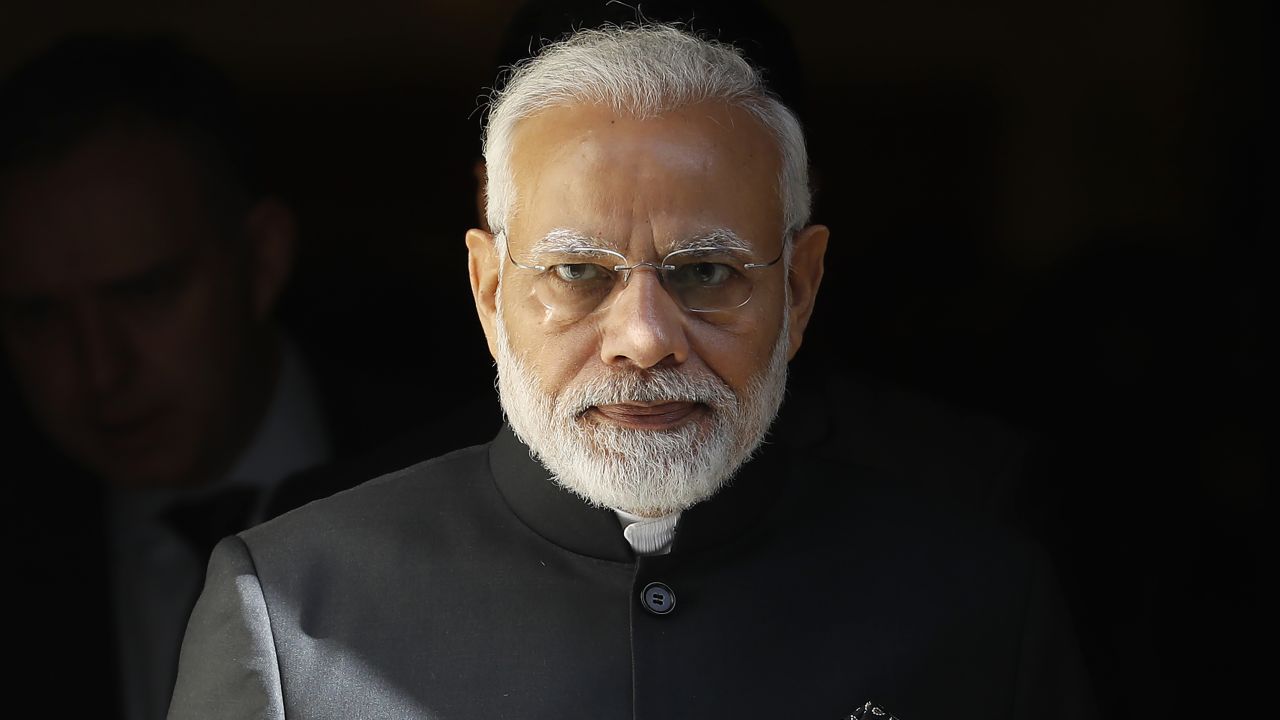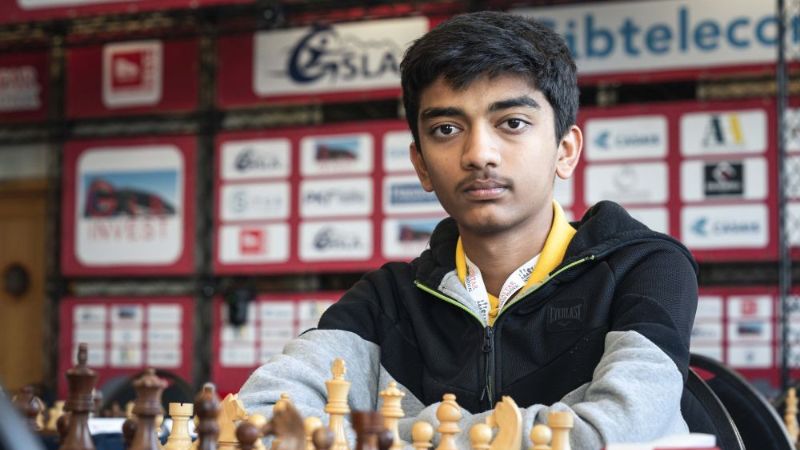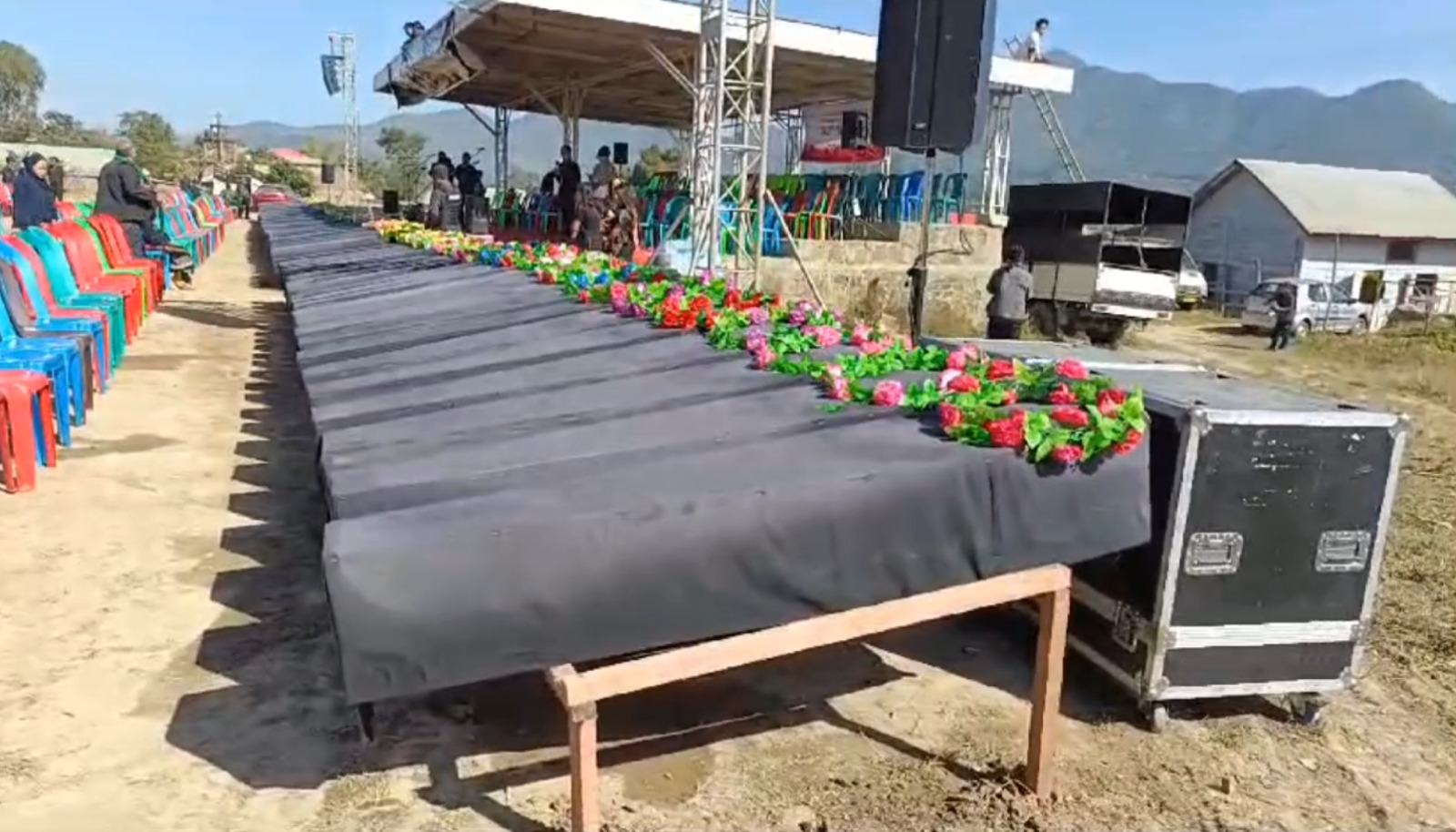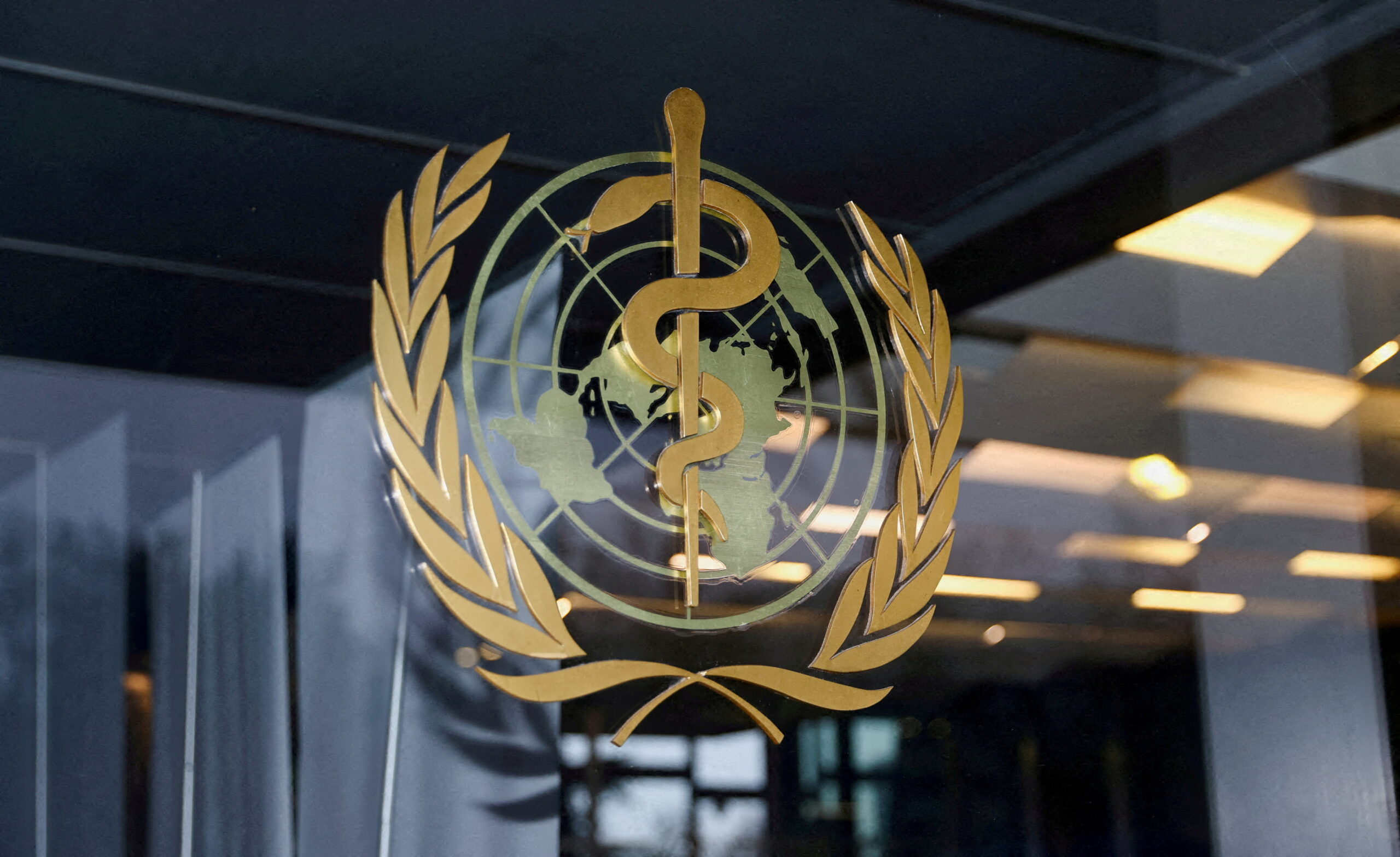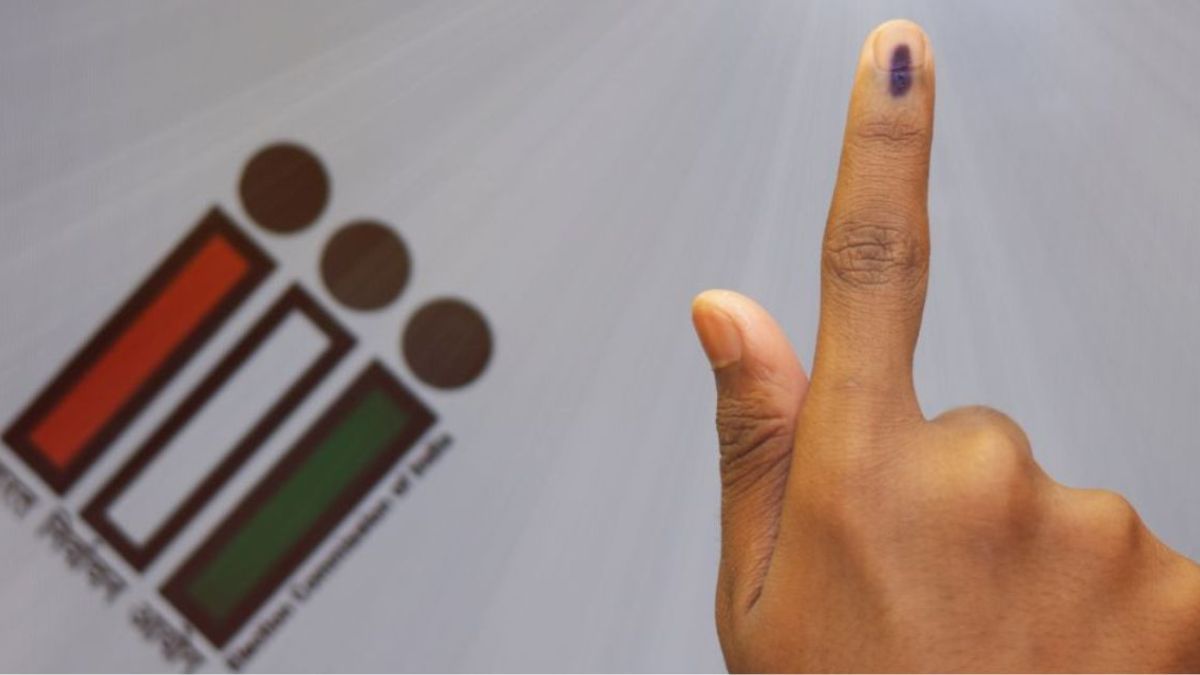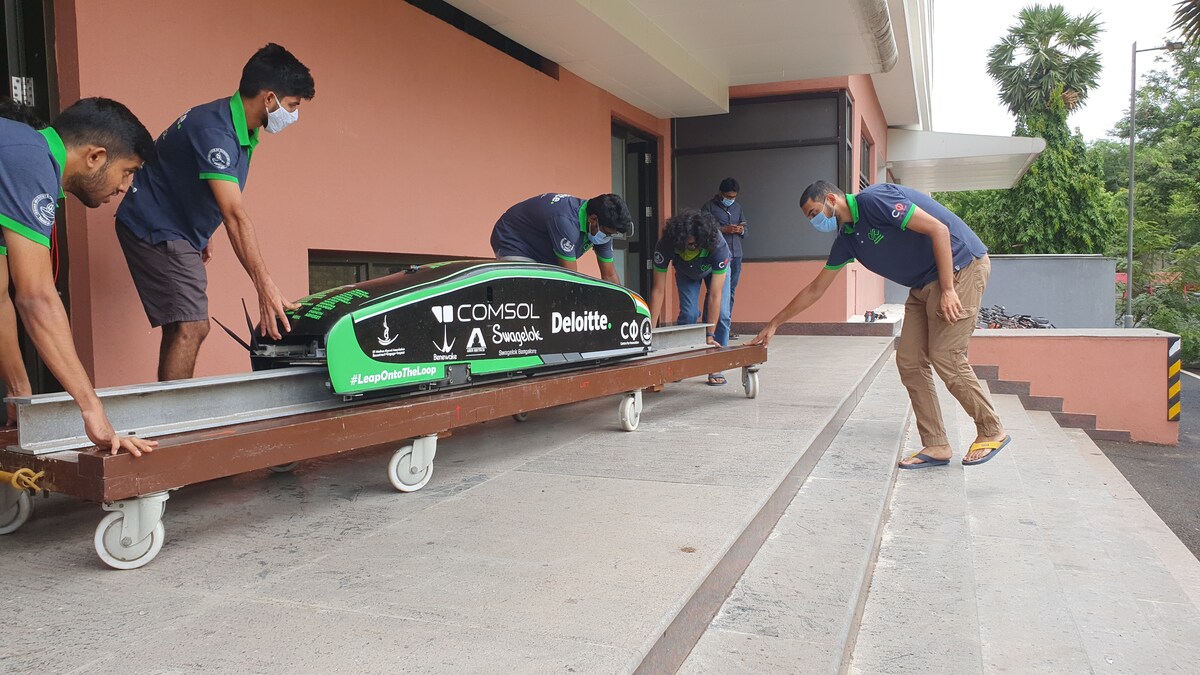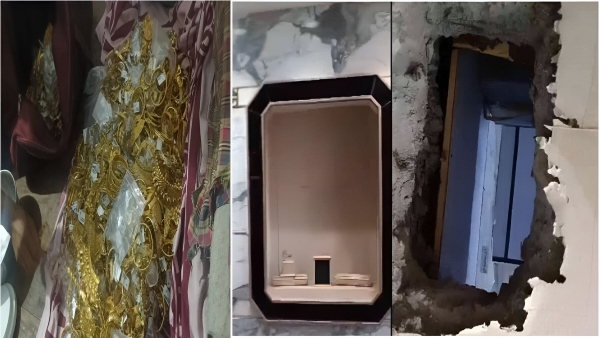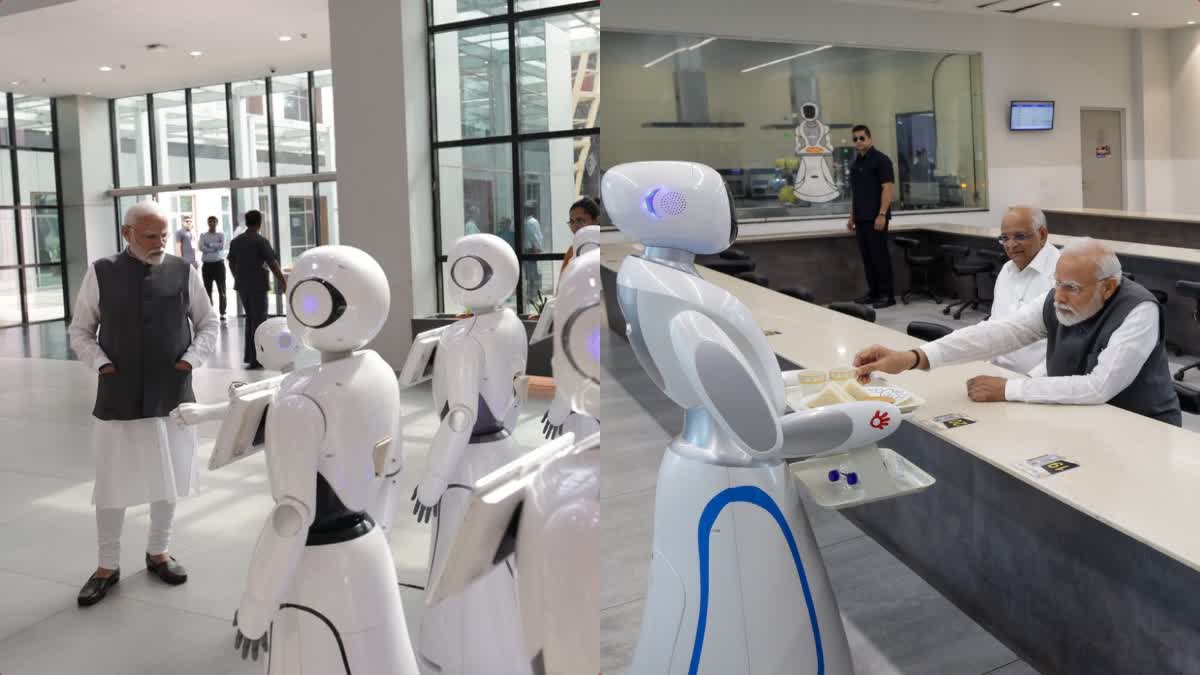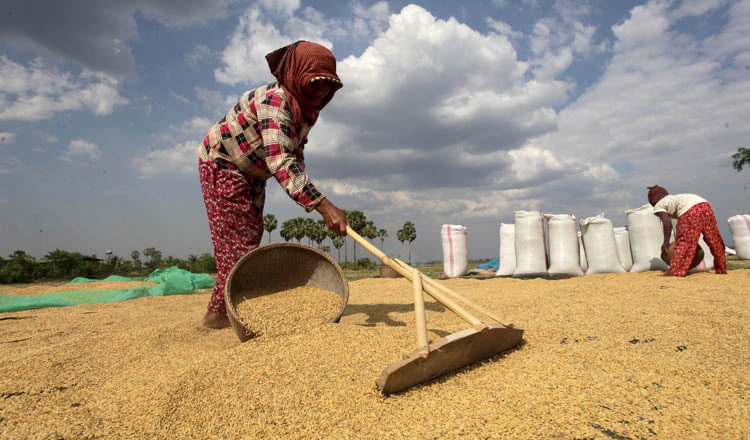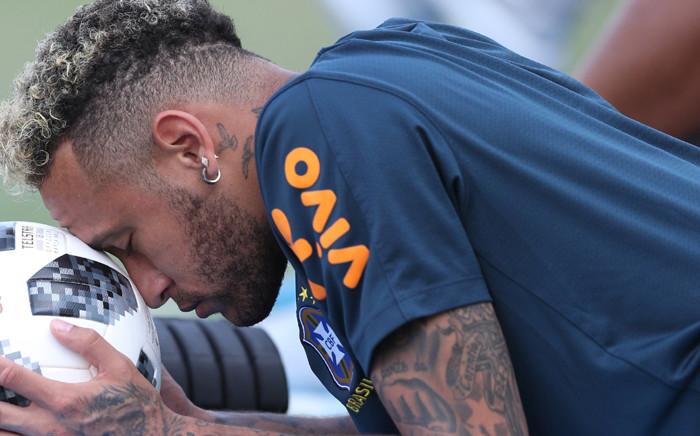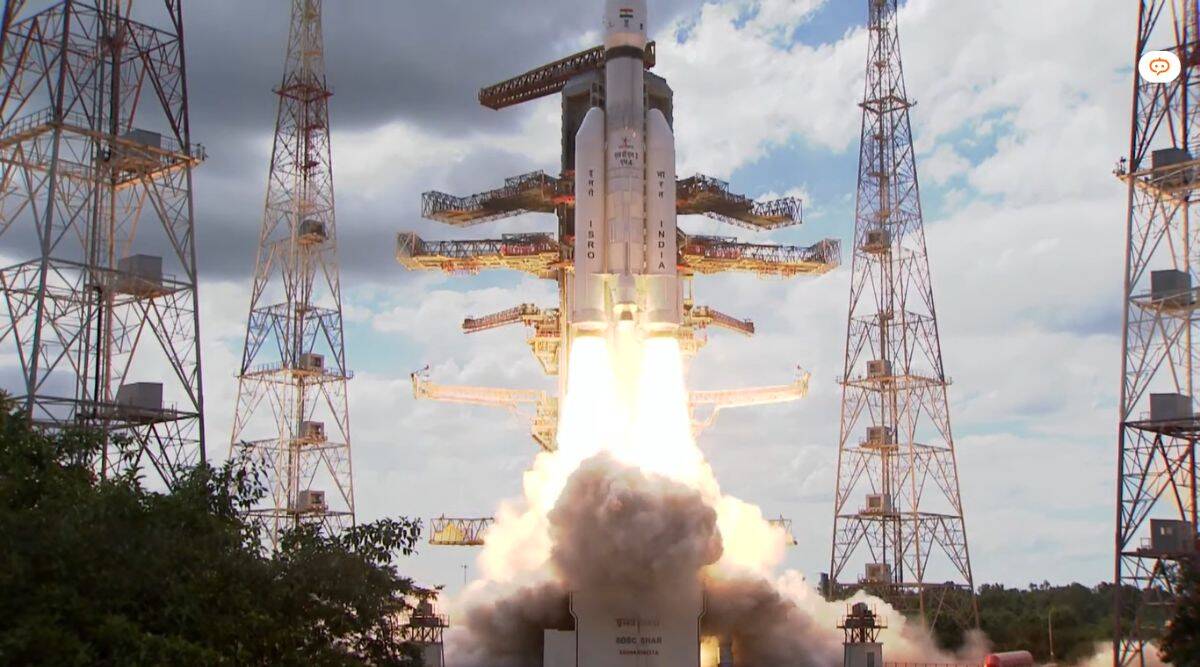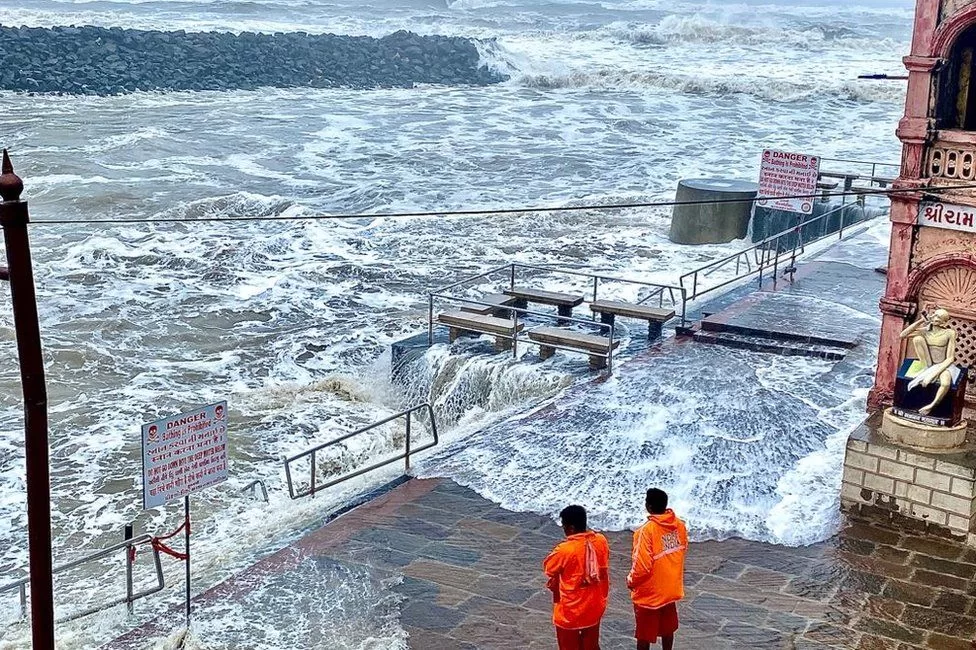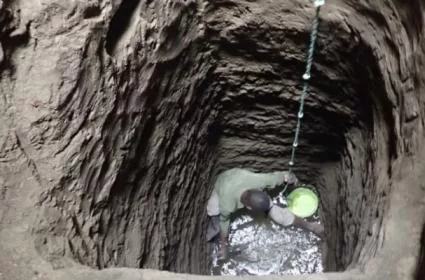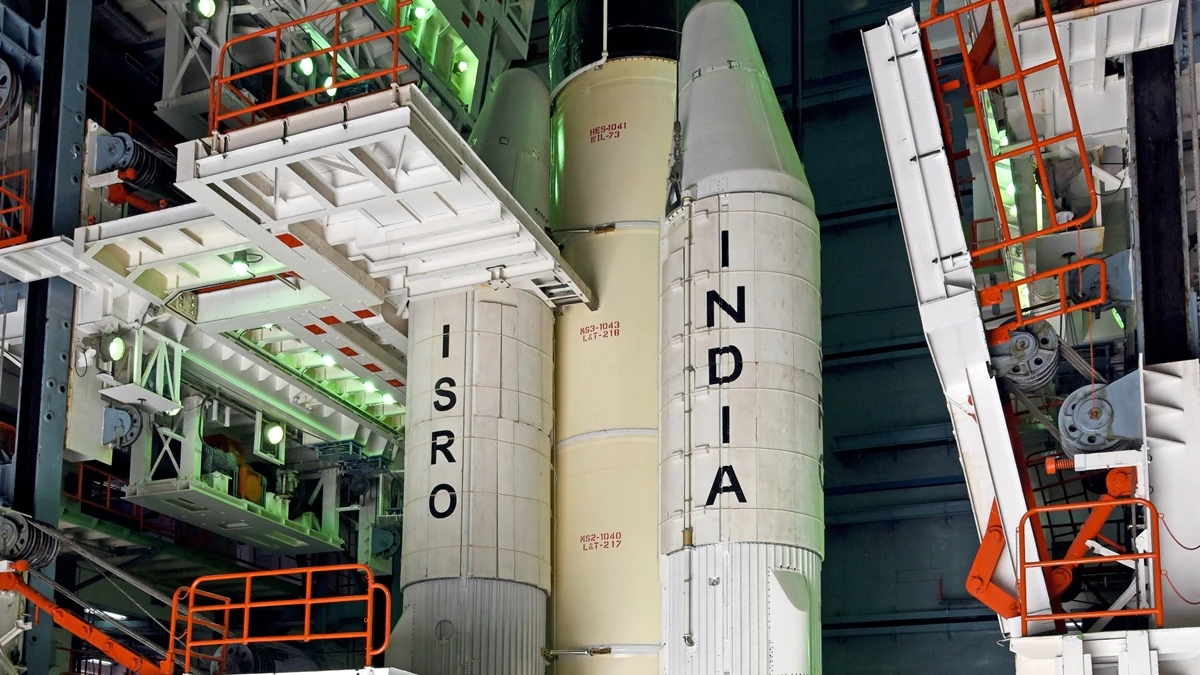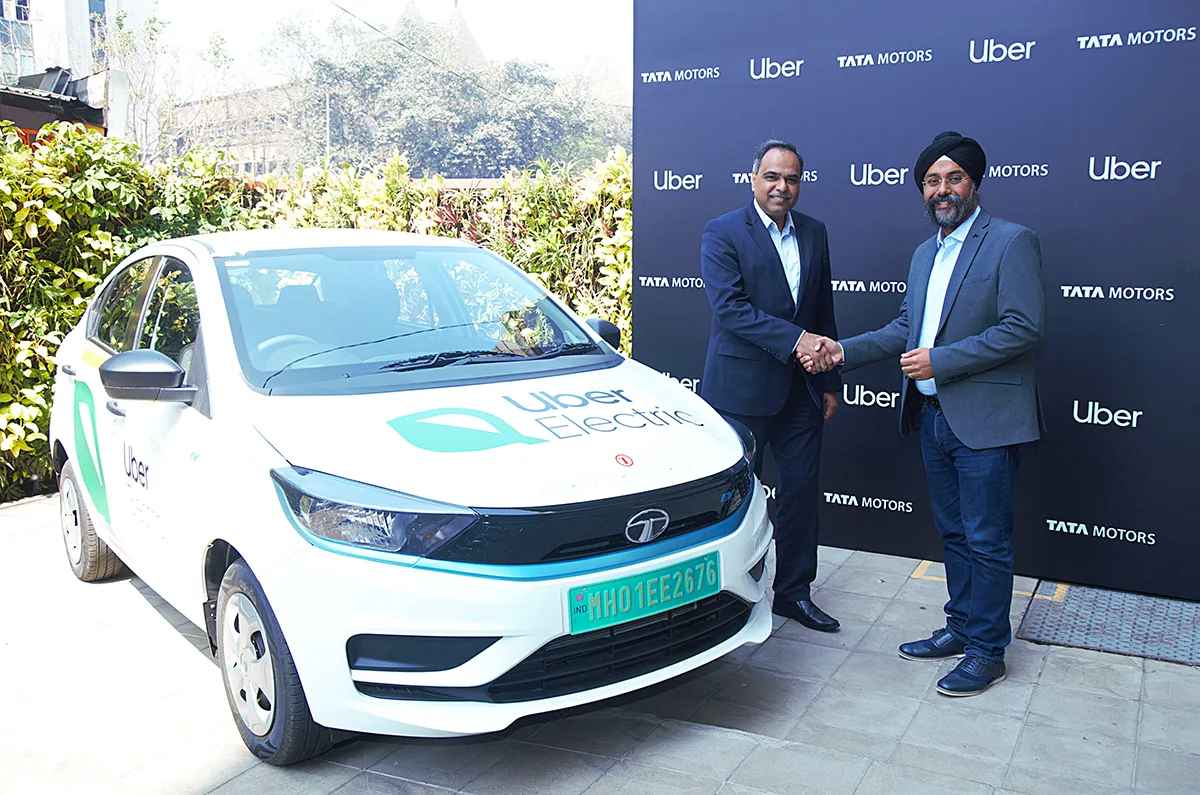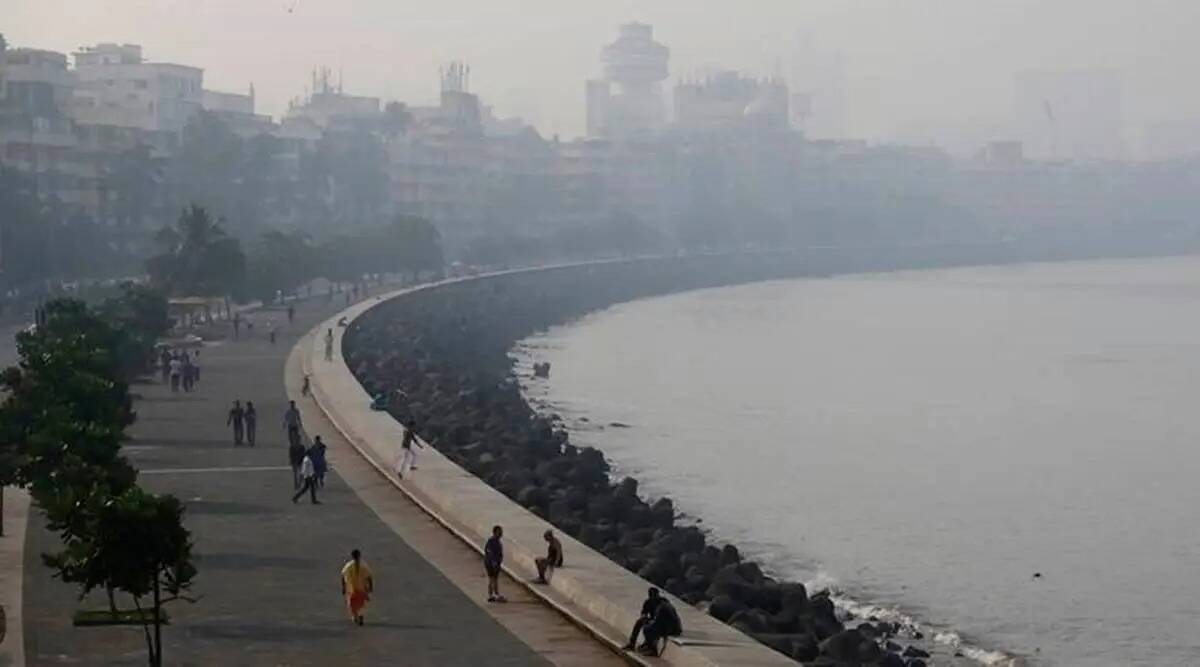
Parenting is a remarkable experience, a road of unending delight and enormous responsibility. When parents welcome a kid into their lives, they embark on a transformative journey that gives their days enormous joy and a sense of purpose.
However, despite the intense joy, this trip also brings about financial obligations that can be both heavy and significant. This reality is especially stark for families with roots in the working-class middle.
The complex topography of raising a child takes center stage in a recent and thorough analysis published in HT Media’s acclaimed financial daily, Mint.
Online audiences are captivated by its analytical examination of the costs that accompany the profound journey of parenthood.
This study, which draws on opinions from people in many parts of India, is an eye-opening investigation of the financial aspects of parenting.
It meticulously breaks down the numerous elements that go into the total cost of raising a child. The range of these charges is broad and includes anything from school fees to extracurricular activities, summer camps, clothing, medical expenses, and even funding for postsecondary education.
The research gives a vivid and realistic view on the annual financial commitment that parents must be willing to make for the holistic well-being and development of their child by painstakingly assembling and quantifying these diverse factors.
The anticipated annual cost for parenting ranges widely, from Rs. 2.5 to 4.5 lakhs, depending on a number of variables, including family size, region, and particular familial situations.
This analysis looks beyond the urgent demands and projects toward the future of post-school education, exploring both domestic and international options.
The research provides an informative estimate of the cost necessary to pursue higher education, accounting for a 10% inflation rate over a period of ten years.

Parents should prepare themselves to set aside an anticipated amount between Rs. 15 and 50 lakhs for those considering pursuing higher education within the confines of the nation.
However, if the goal is to pursue an international education, the estimated financial commitment will soar to an astounding Rs. 3 crores or even higher.
Neil Borate, deputy editor at Mint, used ‘X’ (formerly known as Twitter) to give a brief yet insightful summary of the report’s extensive findings. His question, “What is the cost over time, of having a kid? “, perfectly captures the spirit of the report’s revelations. around 1 crore over a 20-year period.
The price will increase to 5–6 crores if you include a foreign degree. Don’t worry; this is spread out over 20 years and takes inflation into consideration.
The tweet from Borate functioned as a rallying cry that rippled through social media channels and elicited a wide variety of responses. The paper received praise for its thorough attention to detail and its practical applicability to parents’ everyday lives.
One viewpoint in particular struck out among the others: “The article’s goal is to encourage financial awareness. The greatest assets we have are our children, not responsibilities.
The Mint report emerges as a useful compass for parents navigating the complex financial terrain of having children in an era where financial planning assumes increased prominence.
It encourages forethought and proactive financial planning by giving parents a stronger grasp of the financial aspects that are entwined with parenting duties.
The paper fundamentally emphasizes the value of considering children not only as beneficiaries of care and nurture but also as investments in the future by removing the layers of various child-rearing expenses.
This thorough research emerges as a helpful resource for parents looking to build a solid foundation for the future of their cherished children in the complex interplay of financial readiness and nurturing.






























































